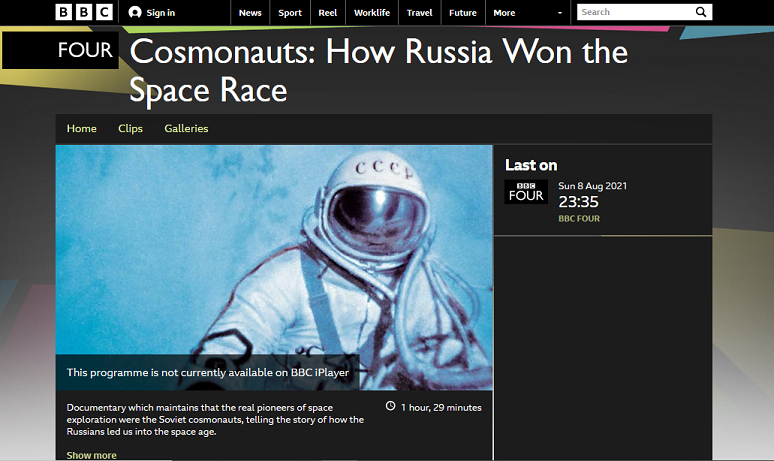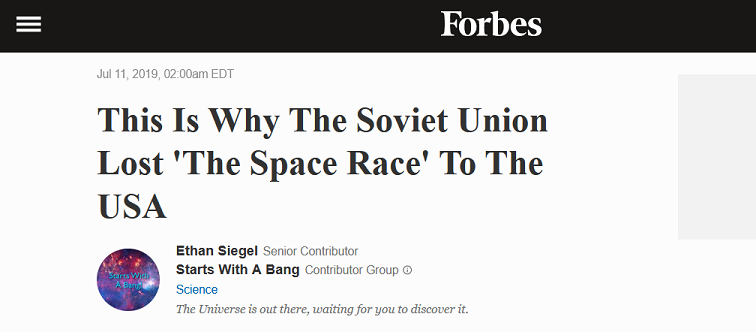The Origins Of Rap And Hip Hop
Are The Island Of Jamaica
November 17. 2021
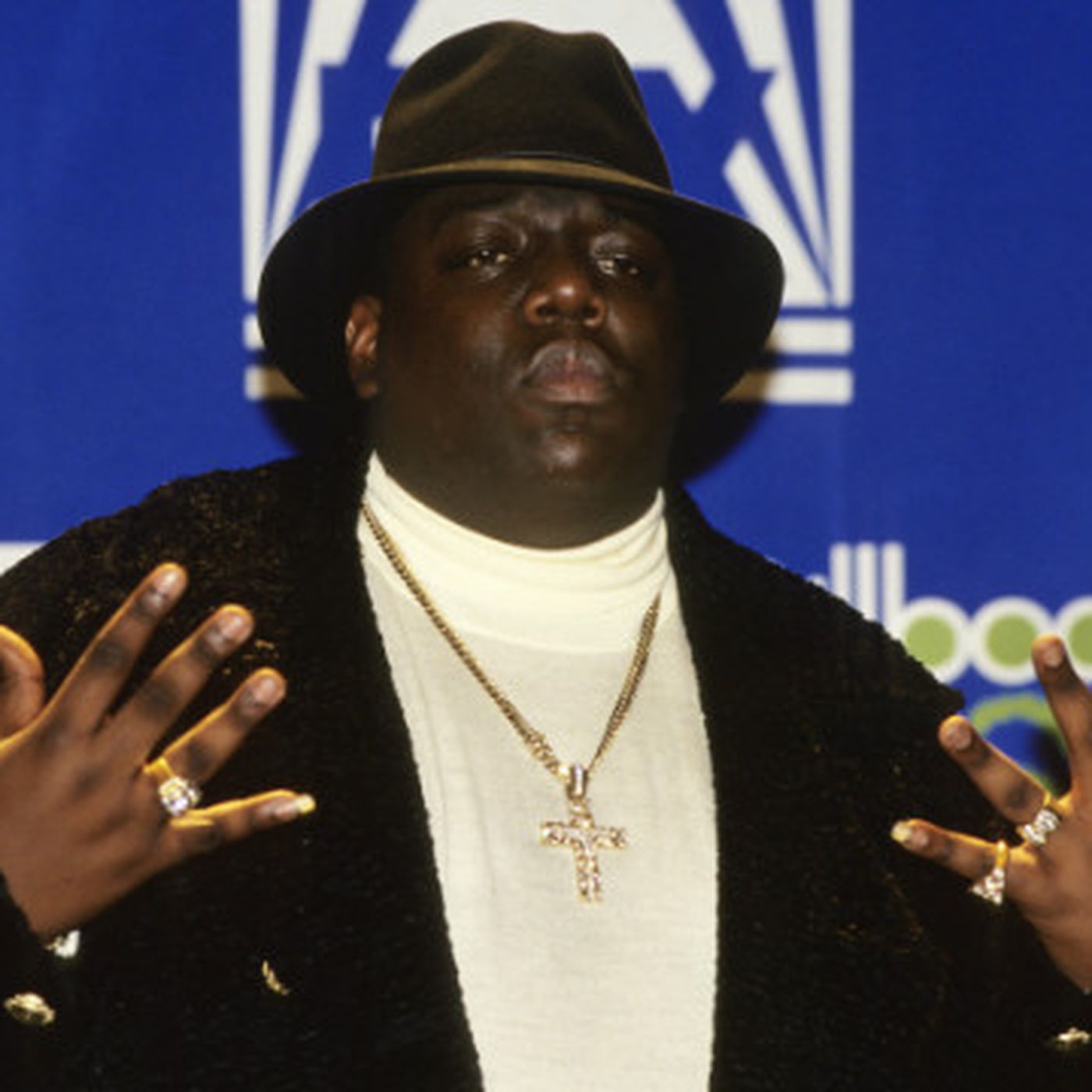
The rapper the Notorious B.I.G., who is of Jamaican
parentage, was inducted into the Rock N' Roll Hall
of Fame
25-year-old Canadian rapper, Pressa, real name
Quinton Gardner, was born to a Jamaican father and
Filipino mother. Pressa has found success with the
songs "Novacane" "Canada Goose" "Up & Down" and "420
In London." Pressa has also toured with rapper,
Drake. Pressa's videos have received millions of
views on You Tube and his songs the same on
streaming outlets.
Pressa is dating American recording
artist, Cori Lecray, who is the daughter of rapper
and reality star, Benzino. Last week Pressa sparked
controversy on social networking among
African-Americans when he stated on
Twitter, "Americans got no culture their biggest
culture is Hip Hop mtfs don't even know what island
they from they just BLACK like the color. N***s be
like I'm BLACK no n***a u built like a mtf
Nigerian."
Pressa was referring to the fact
that for many decades
African-Americans have not been able to properly trace their
ancestry due to slavery and slavemasters not keeping
proper records. In this African-Americans true
ancestry and culture from Africa has been stripped.
Who they truly were was taken from them due to
slavery. DNA tests are now being used in
recent years to trace the ancestry of black people
in America back to specific tribes
in Africa.
In reading about the story
regarding Pressa, I noticed many xenophobic slurs
and degrading comments being written on Twitter about Jamaica and the Caribbean as a whole,
posted by some African-Americans. It devolved into
xenophobic attacks on Jamaicans and Caribbean
people, whilst some African-Americans stated Pressa
was copying America in doing rap music. I among
others respectfully pointed out rap and hip hop came
from Jamaica. It is a well-established, historic
fact.
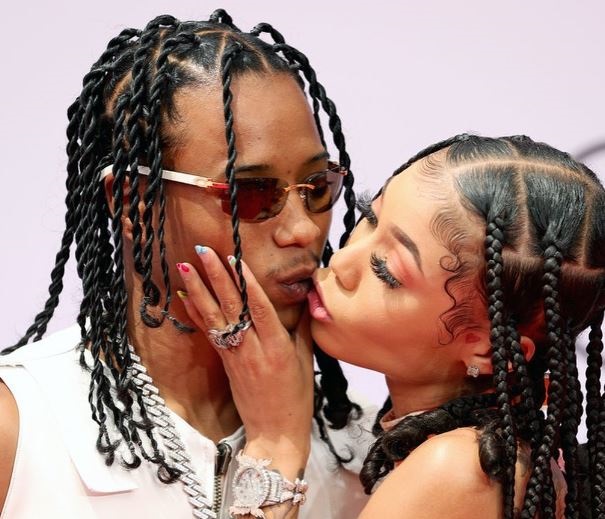
Toronto rapper Pressa (left) is of
Jamaican and Filipino parentage. Pressa is pictured
here with his girlfriend, American rapper Cori
Lecray.
Many music historians,
books, newspaper articles, magazines and awards
committees have stated rap music began in Jamaica
in the 1950s. However, the xenophobic slurs on
Twitter grew to
the point some African-Americans stated
America started rap, reggae, black music and sound
systems, labeled block parties, which is wholly incorrect and historically
false.
First of all, every bit of the black
music you hear in the Caribbean and America all came
from Africa. Black music began in Africa in 3,000
B.C., well before black slaves were brought to America in
the 1600s, and the Caribbean in the 1500s. The
drums/percussive sounds, African tribal chants now echoed
by today's rap,
and soulful singing ("signifying") began in
the motherland (Africa) thousands of years ago. We,
the African Diaspora, can't take credit for starting
that, as our forbearers created this music thousands
of years ago.
West
Africans taken by force from their homeland and
shipped to the Caribbean and
America as slaves, brought black music from Africa with them to the
Americas (the Caribbean and America).
African-Americans turned this black music from Africa into jazz,
blues, bebop and R&B, while Jamaicans turned it into rap, hip hop,
reggae, ska, rocksteady, dub and its associated musical genres.
University classes and museums such
as the highly respected Smithsonian, all state black music came from
Africa. There are courses in universities around the
world that are taught on this subject. This is a given and unchangeable fact. Every musician worth their
salt knows this fact. Therefore, for some on social
networking to challenge this, and with absolutely no
proof, in conduct psychology brands "circular
reasoning" is inappropriate and erroneous.
Months ago in Anthropology class at
university, we were given an interesting
assignment to watch a documentary by E.E.
Evans-Pritchard on the Azande
tribe and do a paper on the subject. It was about the beliefs of the Azande
people. The documentary featured a funeral for an
African lady that was in the tribe. In listening to the ceremonial funeral
music I was reminded of the Gospel, blues, funk,
jazz and R&B singing one hears on the radio today in
America. Once again, black music comes from Africa
(though some on Twitter with no musical training or
professional experience publicly tried in vain to dispute
this well-established fact, which in psychology is
known as "false authority").
Months ago in Humanities class at university, I
did a paper on products from different countries for
a cultural assignment.
One of the items I covered was the djembe or jembe
drums from Africa. The beautiful wood drums have
carvings and painted landscapes that often depict scenes of
an African tribe's village and wildlife, with some even
containing emblematic items associated with each
group.
The African drums are the basis for all
forms of black music in Africa and then later in the
Caribbean, America and South America, in nations such
as Brazil (the percussive basis for samba music
created by the Brazilians). Even musical styles that
were created in
Cuba, such as salsa and mambo, are a mixture of
African drumming/percussive sounds and rhythms (from
African slaves brought to Cuba) and European music
from the Cuban people's other ancestors from Spain.
African-American slaves were not
allowed to own instruments, as American slavemasters
opposed black people owning anything at all.
However, African-American slaves sang soulful music
acapella (via "signifying"). In the Caribbean slaves
did own instruments. For example, slaves in Jamaica
owned the Abeng, which is a horn musical instrument
from Ghana in Africa. Many Jamaicans are of Ghanaian
descent. Jamaicans are also of Nigerian, Sierra
Leone, Cameroon and Ivory Coast descent.
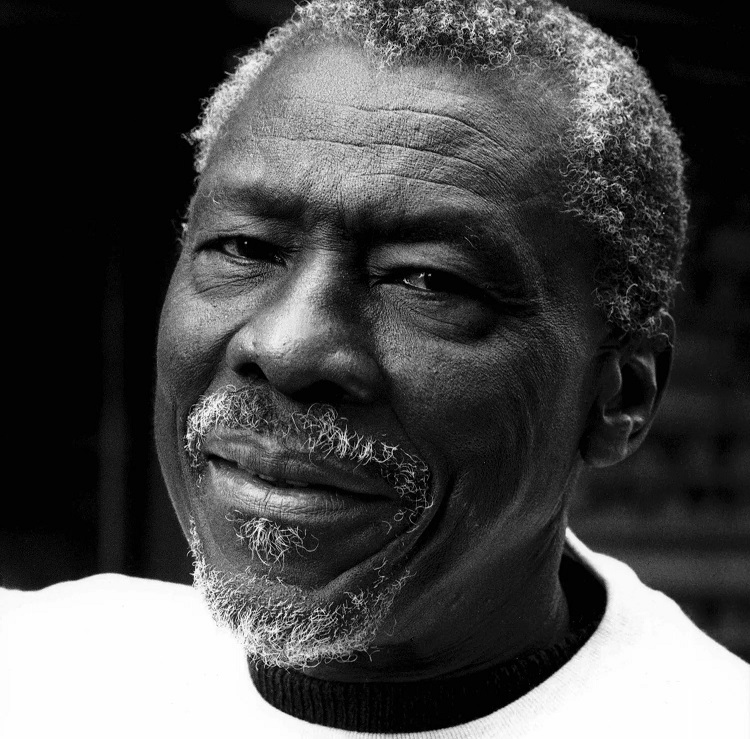
Clement "Coxsone" Dodd is the music producer
who is the founder of rap, hip hop, reggae, rocksteady, dub and all
its associated genres
The Abeng is made from cattle horn
and each musical tone it produced was a
secret message to other slaves and runaway slaves regarding pending
invasions by slavemasters or soldiers from Britain
or Europe. The music produced by the Abeng could
only be understood by the Jamaican slaves who worked
out each musical meaning among themselves, and
used it to their advantage to initiate maneuvers on
invaders.
The Maroons, who were a group of tall,
muscular, ferocious Africans brought to Jamaica as
slaves from Ghana, began killing slavetrading soldiers and slavemasters,
in order to gain their freedom,
and used the Abeng to aid in the process (and still
have the Abeng as an instrument
to this day). For generations they've also been
making and playing djembe drums. This is the foundation for
Jamaican
music, the knowledge of music and instruments our
ancestors brought with them from Africa. To this day
the rastas still go up into the hills and mountains
in Jamaica and play African drums and related
instruments, as our African ancestors deposited in
Jamaica by slavery did hundreds of years ago.
You also have to bear in mind, the
original Jamaicans were not Africans. They were free
indigenous people from South America called the Arawak Indians. The original Jamaicans (Arawak) and
original Cubans (Taino) also occupied Florida before America
was established as a nation.
They lived in places in
Florida near the settlements of the Tequesta Indians
and the current tribe of Miccosukee Indians of
Florida, having arrived by boat, going from island
to island, then reaching Florida (much in the way
Cubans and Haitians have done in modern times). There are
PBS documentaries that presents evidence of them traveling from the
Caribbean by boat to places such as Miami, among other cities in
Florida, in events that occurred hundreds of years ago.
Some, not all, have insulted
Caribbean people in America in stating xenophobic
things like "go home." However, the
fact of the matter is the original Cubans, Jamaicans
and Bahamians, among others from the Caribbean, have
been in Florida well before the Mayflower landed,
Europeans came to America through Ellis Island, and
African slaves were brought to the United States by
force. Therefore, there's no need to be xenophobic.
We're all human.
Christopher Columbus sailed
from Italy, then enslaved and slaughtered many of
the Arawak Indians in Jamaica. Columbus and his men
also slaughtered other indigenous people, such as
huge numbers of Taino Indians on other Caribbean
islands like Cuba and the Bahamas, which left behind
a small remnant. In America, Columbus is celebrated
by some (though this is now changing), but in the Caribbean for generations he has
been written about with derision (the Caribbean
views Columbus like
the Jews view Hitler). But I digress...
The Birth of Rap Music In The 1950s In Jamaica
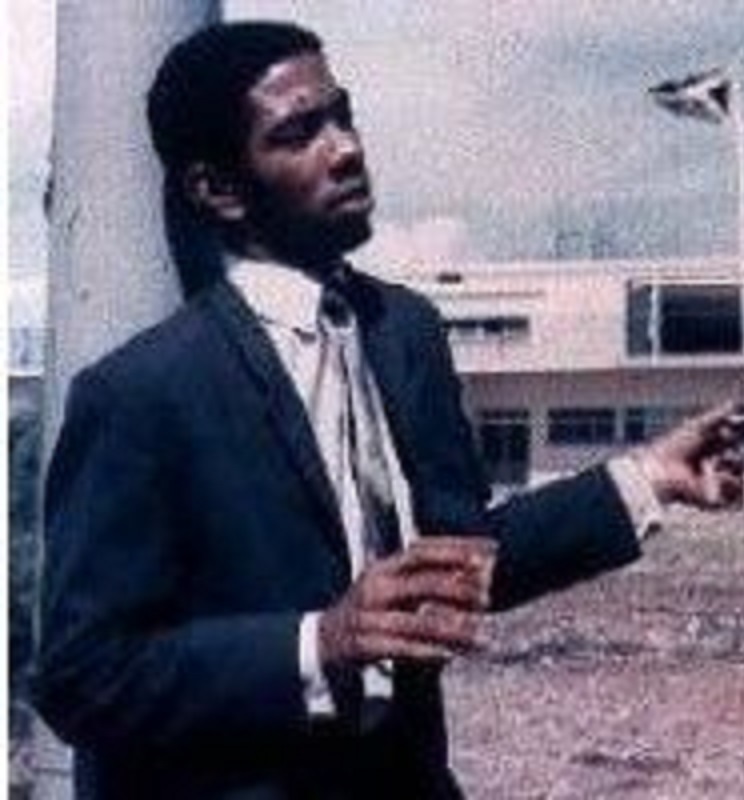
Jamaican dj Count Machuki is
credited as the first rapper
Rap began in Jamaica in the 1950s. AllMusic.com, and
Washington Post, among many other outlets, hail Jamaican dj Count Machuki
as the first man to rap on a record and the first
rapper
(Winston Cooper, who was born in 1929). Machuki
started out rapping over R&B records (which decades
later became known as the trend "sampling" in
America regarding rap in the 1980s.
Then, Machuki would rap
over records produced by his friend and
collaborator, Clement "Coxsone" Dodd, my
late godmother's late husband, who founded
rap, reggae, ska, rock steady, dub and dancehall,
among its associated genres. Mento was Jamaica's first genre of music, which Dodd
also contributed to as well. Mento is
Jamaican folk music, discussing politics and the
ills of society.
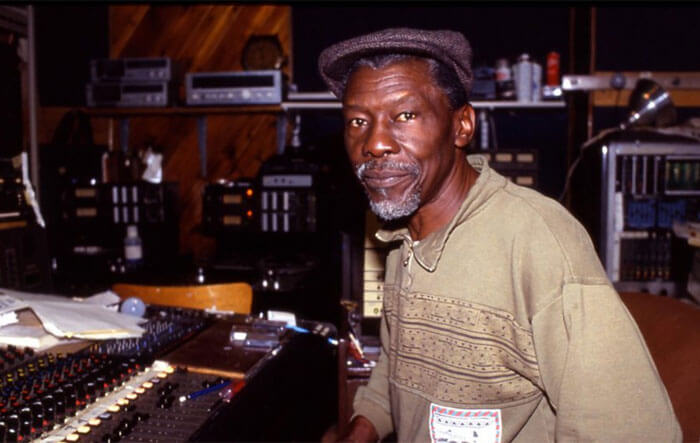
Jamaican songwriter and music producer, Clement
"Coxsone" Dodd started rap, hip hop, reggae, ska, rocksteady, dub
and its associated musical genres
Dodd founded the record label Studio
One in Jamaica in 1954, after first working for
Federal Records on the island, owned by Ken Khouri. The late Dodd was a
musical genius and a longtime friend of my family.
So was the late Count Machuki. Dodd also discovered Bob
Marley and many other recording artists, who went on
to global fame.
Machuki's songs from the 1950s and
1960s include "Peeping
Tom" "More Scorcha" "Moon Walk"
(yes, before Michael Jackson) "Movements"
"Warfare" "On The Move" "Walking Trouble"
and "Pepper
Pot" (which is an African soup), among many others.
Machuki would perform and record with Dodd's house
band, the Sound Dimension, at Studio One Records and
in
its famous recording studio in Kingston, Jamaica. Machuki's
songs were released in the late 1950s and early
1960s as "dub plates" (one copy that is an acetate
disc) and then later pressed up in multiple copies
as 78s, 45s and 33s (records). These records are
physically fragile, which is why many original
pressings only have a limited number in existence
today, and some are collector's items. They have been
repeatedly re-pressed under copyright licenses and
issued to other labels all over the world. Machucki
also recorded music for other record producers.
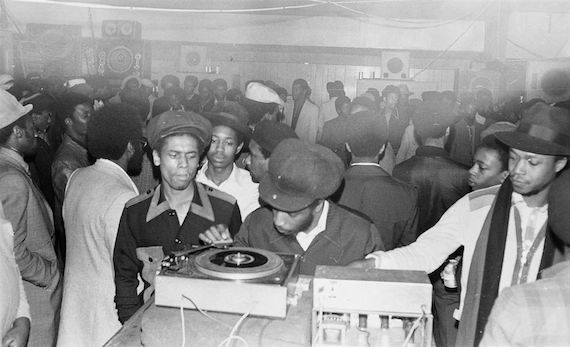
Jamaican sound systems began in the 1950s,
where Clement "Coxsone" Dodd's sound system would battle others such
as Duke Reid's sound system. This is where rap music was born.
The "dub plate" songs were mostly
reproduced/pressed for DJs to play at weekly dances
in various venues on the island (sound systems and
clubs in Jamaica) in the 1950s and 1960s. Then, small
quantities (thousands) were pressed up and sold in
Jamaica, Britain and Europe. Some records were also
sold in the United States, particularly in Florida
and New York by various vendors. Dodd had even opened
record stores in Kingston, Jamaica and Brooklyn, New
York, where he sold Jamaican music.
In this Dodd also created "dub"
music, which is now a globally recognized genre of
music that is still big in Jamaica, Britain and
Europe. Dub music went on to be the foundation of
other genres of music such as electronic dance
music, house, techno, drum and bass, big beat, trip
hop, jungle and ambient.
In fact, bass music that
became popular in Miami and other parts of the South
such as Atlanta in the 1980s, came from Dodd and the
Jamaican sound systems, where amplifiers were
constructed to produce a loud, deep bass sound. The
top star of bass music in America became the 2 Live
Crew, whose founding member is Luther Campbell
(Uncle Luke) and he is of Jamaican parentage. Bass
music came from Jamaican culture. Dodd was a visionary and musical
genius, as is recognized as such all over the world.
The Birth of Reggae
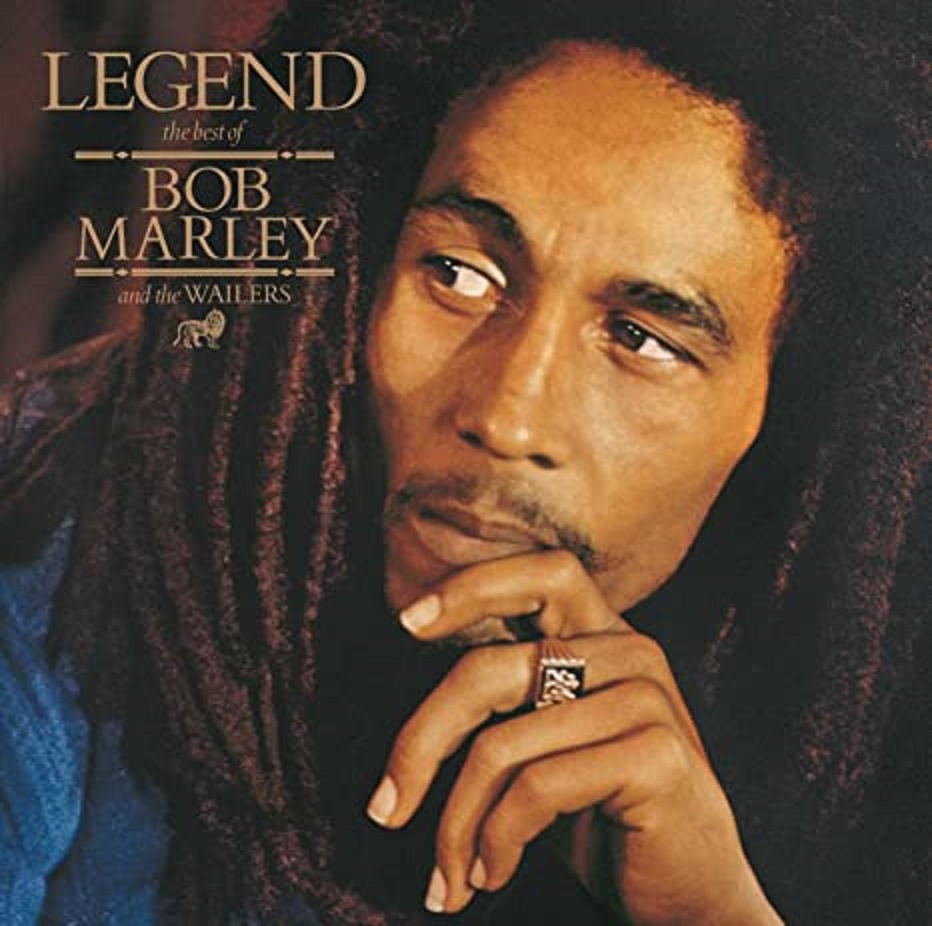
Bob Marley
Dodd founded reggae music when the Mento genre
that was Jamaica's first form of music, which merged
African sounds with lyrics about social problems
(racism, injustice, poverty), became a challenge to
play for tourists visiting the island in the 1950s.
The tourists loved the music and
would dance to it all night at the resorts, which
had clubs with live bands. However, the Jamaican musicians
would be tired and dripping in sweat from playing
music at such a fast pace for hours. Dodd decided
to change that by slowing down the music. To do so,
rather than emphasize the 1st and 3rd beat in the
bar, as is
done in American music, Dodd emphasized the 2nd and
4th beat, which produced an usual, distinct sound,
which became known as reggae.
Dodd is credited as the father of
reggae music. It was born out of necessity, as the
musicians were getting tired and sweating buckets of
perspiration playing fast music for hours on end at
the tourist resorts. Reggae gave them a reprieve,
where they could play music slower and longer for
the tourists without becoming so tired. Reggae
music, in unconventionally emphasizing the 2nd and
4th beat in the bar, emphasized the backbeat or
"downbeat." In fact, throughout his adult life,
Dodd's nickname in the music industry was
"Downbeat."
Jamaica is the home and originator
of the sound systems in the 1950s, which some
African-Americans on Twitter tried to take credit
for as "block parties." However, African-American
block parties were not permitted until the 1970s.
White-American police officers would not allow
"block parties" in America until the 1970s
(remember, the first rap song in America was also
released in 1979).
However, Jamaica is predominantly
black and so is the police force (established in
1716). Therefore, black people (as well as Chinese,
Indian, Spanish, Lebanese and other minorities on
the island) have been free to have sound system
parties/dances for many decades.
The main sound systems were Dodd's
and Duke Reid's (Reid's Sound System), and they
would musically battle each other beginning in the
1950s, in a set up that included huge amplifiers,
turntables, a rapper and selector (person who chose
the records). Dodd's rapper was Count Machuki.
Later, Reid's rapper was U-Roy. There were other popular
sound systems as well, such as Tom The Great
Sebastian, founded by Jamaican-Chinese businessman
Tom Wong.
Fun fact: at many block parties in
New York many residents do the "Electric Slide"
dance, which is created to the song "Electric
Boogie" by Jamaican singers Marcia Griffiths and
Bunny Wailer (Neville O'Riley Livingston). It was
first written and released in 1976 by Bunny Wailer.
Remakes were done in 1983 and 1990 by Marcia
Griffiths, which became a huge hit worldwide. The
song is also played at weddings, reunions and
parties all over the world.
At Jamaican sound system
parties/dances/dancehalls, djs would have amplifiers built with
which to play music, as one could not
simply use a radio (it would not be loud enough in
said venues). The Jamaican built amplifiers were
paired with one turn table, then later two. The
Jamaican amplifiers were constructed to produce a
heavy bass sound, which became a big part of rap
music (and still is to this day). It is all derived
from Jamaican culture.
Many of the amplifiers were
constructed by Jamaican engineer and guitar maker,
Hedley H.G. Jones. He also made traffic lights.
Jones lived in Britain for a time, and went to school at the Royal Technical College
in Glasgow, Scotland. Jones was also a member of the British
Royal Air Force.
To keep audiences attention between
songs, Dodd had Machuki "toasting" and jive-talking
between records. Then, Machuki began talking over
the records using Jamaican and American slang. And
thus rap music was born. Then, they began making
original rap records. Machuki is globally
credited as the world's first rapper. Years later
came U-Roy who began "toasting" over records as
well.
This Jamaican culture went out into
the world and began a global phenomenon, touching
people of all races. Later, Jamaican musician, Vin Gordon,
took these Jamaican musical styles with him to
Britain. Gordon, like many other Jamaicans, sailed
to Britain in what was then a 3-week boat trip. He
brought with him to Britain the Jamaican sound
system and rap music of Dodd, Machuki and later
U-Roy, to
Britain.
To this day, many of the rappers
in Britain are of Jamaican descent or Jamaican. One
of the biggest rap groups in British history is the So-Solid crew,
who are made up of people with Jamaican parentage. Others include
Giggs, Ghetts, Wiley, Ms Dynamite, Kano, Wretch 32, Akala, Chipmunk,
Dave and J-Hus, among others.
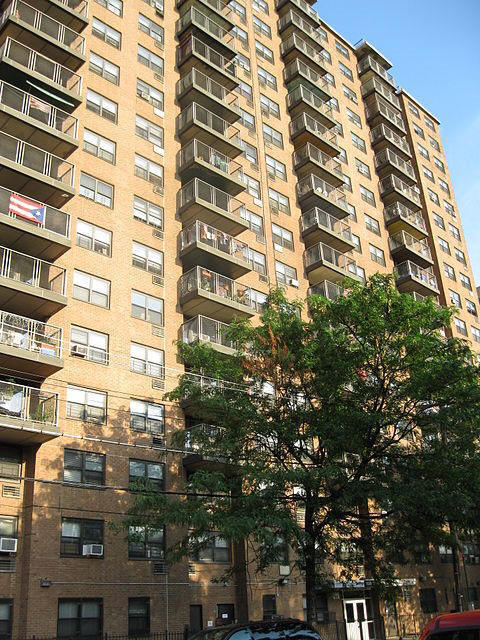
1520 Sedgwick Avenue in New York City where
Jamaican immigrant Kool Herc brought rap and hip hop
to America
Two decades after Count Machuki
first rapped on a record, in 1967 a then
12-year-old Clive Campbell immigrated to the Bronx
in New York City (America) with his family. He later
chose the stage name DJ Kool Herc. Music
publications and outlets all over the world refer to
Kool Herc as "the Father of Hip Hop" and "Founder of
Hip-Hop."
Herc started a Jamaican sound system in the
Bronx at 1520 Sedgwick Avenue, holding the "Back to
School Jam" beginning in 1973. Herc's shows were
attended by the men who would become the first
rappers in America, who were also of Jamaican parentage
or Jamaican, such as Afrika Bambaataa and Zulu
Nation.
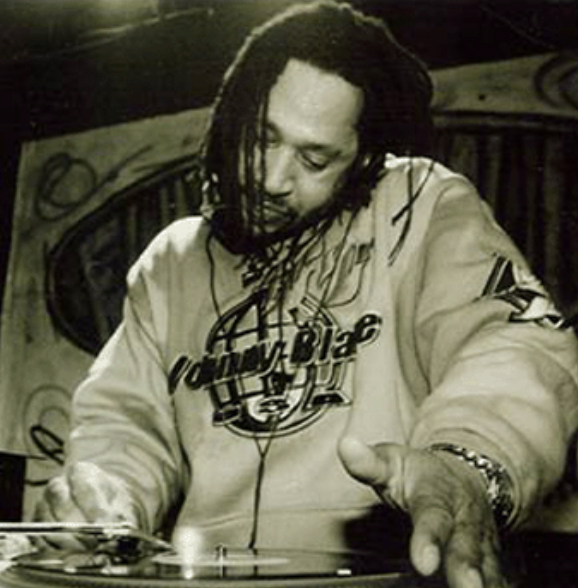
Dj Kool Herc is globally known as "the Father
of Hip Hop" and "Founder of Hip Hop" having brought it to America
from Jamaica in the 1970s.
The next development occurred
several years later when singer, Sylvia Robinson,
who is of Caribbean parentage (Virgin Islands)
decided to put together a music group called The
Sugarhill Gang, and used the styles of Machuki, Kool
Herc, Afrika Bambaataa and Zulu nation as the
template, which she was familiar with due to her
West Indian (Caribbean) ancestry.
Robinson's work resulted in
the 1979 rap record "Rapper's Delight" being
released, which became a big hit, selling over
14,000,000 copies worldwide. It is often
referred to as America's first rap record.
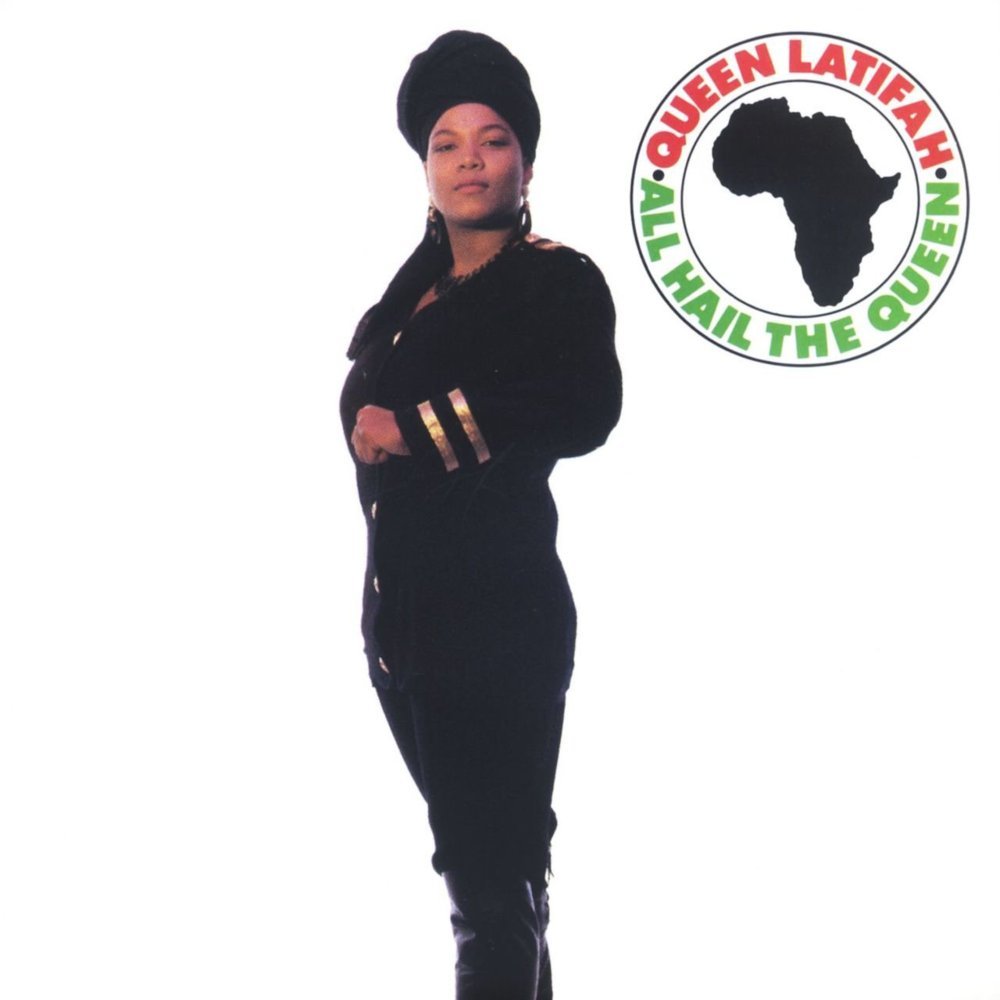
Rapper, singer, talk show host and actress,
Queen Latifah, is of Jamaican parentage (her late mother)
Rap music was birthed in Jamaica and
is Jamaican culture. More proof that rap began in
Jamaica in the 1950s with Dodd, Machuki and the
Jamaican sound systems, is evident in the fact most
of the first rappers in America in its golden era
are either Jamaicans or of Jamaican parentage.
These first
rappers in America, who are either Jamaican or of
Jamaican parentage, are KRS-One, Miss Melodie, Run-DMC (Joseph
"Run" Simmons), Slick Rick, D-Nice, Heavy D, Queen
Latifah, McLyte, Young MC, Special Ed, Pepa of
Salt-N-Pepa, Kid of Kid N' Play, Naughty By Nature (Treach),
Pete Rock & CL Smooth, Chubb Rock, Afrika Bambaataa/Zulu
Nation, Luther Campbell/Uncle Luke (2 Live Crew), DJ
Marley Marl, Geto Boys (Bushwick Bill), Grand Puba,
Shinehead, Busta Rhymes, Canibus, Tongue Twista,
McBrains, Craig Mack and Black Robb, among others.
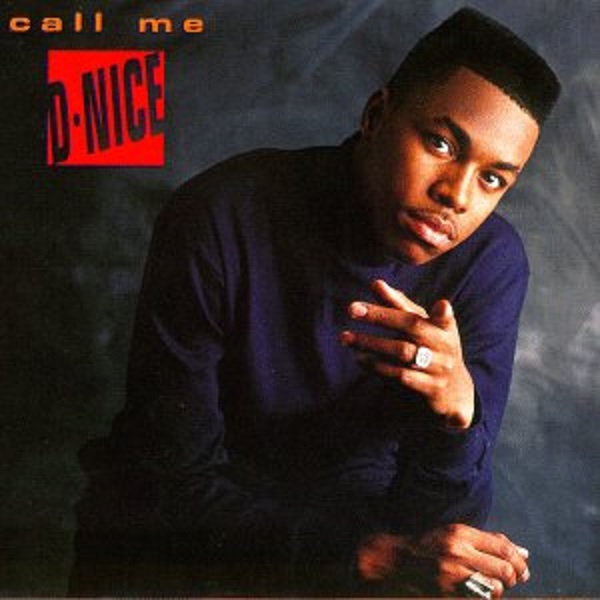
Rapper D-Nice, who is of Jamaican parentage,
scored an influential #1 rap hit with the 1990s track "Call Me
D-Nice" which is about the TR-808 drum machine used in rap. Then he
went on to become a successful dj. He also discovered white-American
singer/rapper Kid Rock in 1988 and landed him a record deal.
One of the top rappers
of all time, the Notorious B.I.G., who sold tens of
millions of albums, is of
Jamaican parentage. The Notorious B.I.G., real name
Christopher Wallace, was first
known as Biggy Smalls. He adopted the nickname that
became his moniker,
from the legendary Jamaican entertainer "Biggy
Smalls" and had to change it for trademark purposes.
The Notorious B.I.G. is now in the Rock N' Roll Hall
of Fame.
Fun fact: R&B singers born in
America, such as Alicia Keys, Mya and Chrisette
Michelle are of Jamaican parentage. They all worked
with hip hop artists as well, which is a part of
their Jamaican culture.
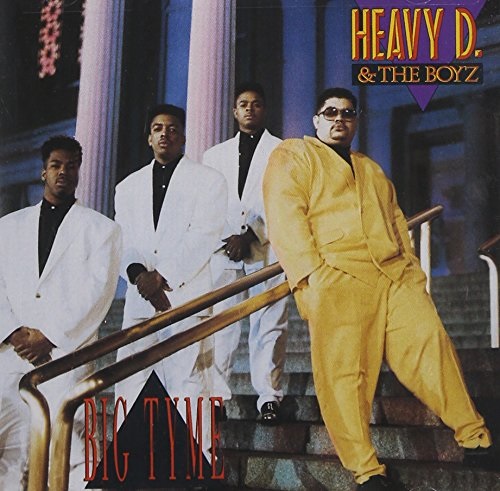
The successful 1980s rap group Heavy D and the
Boyz are Jamaican and or of Jamaican parentage. Eddie F, pictured on
the top step, went on to a lucrative career as a music executive,
producer and remixer to artists such as Luther Vandross, Mariah
Carey, Donnell Jones, Jamie Foxx, Diddy, TLC, Will Smith and Mary J.
Blige, among others.
Some on social networking argued
that Dodd, Count Machuki and Bob Marley were
inspired by American blues music (which again, came
from Africa, much like Jamaican music). However,
that does not mean hip hop, rap and reggae came from American
blues music. Hip hop, rap and reggae sound nothing like American
blues music. Therefore, it did not emanate from it.
I'll give you an example of what
musicians being inspired by others means. Jodeci was
one of my favorite groups when I was a kid. Jodeci
singer/rapper Mr. Dalvin did an interview with Vlad
TV on You Tube. Dalvin named Jodeci's
inspirations and among the artists he stated is Def Lepard, which is a white rock band from
England. I know why he is said it. Def Lepard
inspired me too as a musician (among others).
However, Def Lepard and Jodeci sound
nothing alike. Jodeci's music did not come from Def
Lepard's songs. They are two totally different bands
in sound, but both are very talented in their own
right (so that's not an insult). That's what a
recording artist means when they state they are
inspired by another musician. It means the musician
likes the other artists' music. It does not mean they have
co-opted it to be their own style or sound.
This generation on social networking
are troublingly following the examples of
entertainers like Beyonce and Jay Z, who constantly claim credit for
other people's accomplishments and work (Beyonce And
Jay Z Copyright Infringement).
The people on social networking who
were making xenophobic slurs about Jamaica, and the
origins of rap and hip hop, are Beyonce and Jay Z
fans. Beyonce and Jay Z are constantly stealing from
Jamaica and Jamaicans (Beyonce And Jay Z Steal From Another
Jamaican Artist Resulting In A Lawsuit and
Hypocritical Tidal Wishes Jamaica A
Happy Independence Day After Behaving Like Slavetraders In Robbing The
Island Of Billions In Intellectual Property And Associated Tax Revenues).
Jay Z and Beyonce have
stolen a fortune in intellectual property from
Jamaica in a matter that is going to mushroom into a
global scandal, as their conduct resulted in
innocent people dying (The FBI Is Stonewalling Congress On Releasing FBI File In Madonna
Human Rights Abuse Case [Congressional Documents]).
Jay Z and Beyonce have stolen other people's
cultural music. Jay Z was sued for stealing an Egyptian classic and
rapping pure crap over it on the track "Big Pimpin." He desecrated
an Egyptian national treasure with this ignorant, thieving behavior,
and caused much offense in Egypt. It would be the American
equivalent of a foreign artist stealing "America the Beautiful" and
desecrating it with profane, explicit lyrics about pimping women and
selling drugs. Jay Z is a culturally insensitive ignoramus.
Beyonce has also stolen music from entertainers and
writers in Europe and profaned it with trashy, ignorant, explicit
lyrics (Serial Copyright Thieves Beyonce And Jay Z Sued For Stealing 'Drunk
In Love' And Even Including A Clip Of The Original Artist's Voice On
The Track). There
are other such incidents of Beyonce stealing from British and
European artists, taking full credit and payment for their
PREEXISTING work she turned into profanity and vulgarity.
Beyonce and Jay Z are behaving like her Hollywood
Kabbalah
cult mentor and slavemaster, washed up pop singer,
Madonna,
who is the biggest thief and fraud in music history. Jay Z, Beyonce
and Madonna are business partners in
the failed streaming company Tidal. Madonna has stolen so
much from Jamaica (The FBI Is Stonewalling Congress On Releasing FBI File In Madonna
Human Rights Abuse Case (Congressional Documents)).
Innovation and economic growth will cease if people
continue to
claim the accomplishments and works of others. It is
counterproductive and very unkind, as not only does
this conduct attempt to degrade and belittle others
hard wrought accomplishments, it rapes people of
their cultural achievements. Less money is also
generated as the thieves never get the infringements
correct. This devalues copyrights. Regardless, God
does not like ugly. You steal money in one way and
God will take it back from you in another, and more
than what you stole, for your sins against others.
Many nations have contributed to the
music you hear today. The piano and synths you hear on
R&B, rap, pop and rock songs today all came from white European
classical music, created in places such as Germany and
Vienna (Austria). Germany also invented the
Glockenspiel, which is a percussion instrument that
resembles the piano. The upright bass, which became
the bass guitar, was invented in Europe.
In reference to R&B, rap and pop
songs today, when you mute the drums, vocals and
bass on these modern sound recordings in the studio,
what you have is the piano, violins and synths,
which all originated from white people in Europe
during the early 1700s.
The foundation for pop music came
directly from Europe. The first piano was also made
in Europe. My point is no
one nation or race can claim they created all or most of the
styles of modern music. Music was also present in
the Bible and in ancient Greece (Pythagoras).
My ancestors, the English (Britain), created and formalized the
copyright, which has been invaluable in music and
film (the British Statute of Anne of 1710). Britain
also started the film industry when they created
celluloid in 1856 via English scientist Alexander Parkes. The first ever sound recording was
made in Paris, France in the 1850s via the folk song
"Au clair de la lune."
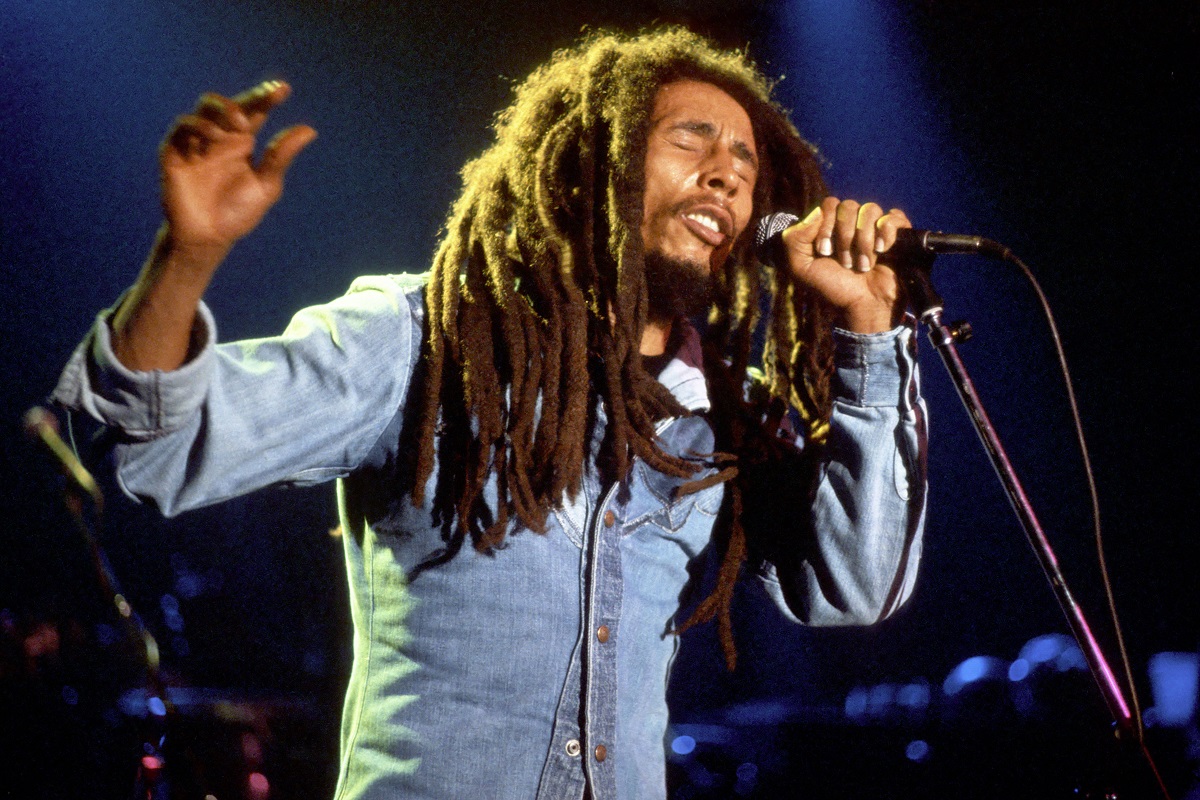
Jamaican music legend Bob Marley is the son of
a black Jamaican woman of African descent and a white English naval
officer
Reggae artist Bob Marley became so
influential in music that in 1980 legendary singer Stevie Wonder
released a reggae song called "Jammin",
which was reminiscent of
Marley's 1977 tune "Jamming." In 1974 pop singer
Barbara Streisand remade Marley's 1971 song "Guava
Jelly."
When Marley died in 1981 at age 36 due to cancer, there were planes full of
people flying to Jamaica from Germany, Britain and African
nations, coming to pay their
respects at his massive funeral attended by
thousands.
Marley's music and associated products have grossed
over $3 billion worldwide.
Bob went through massive struggle
for many years to get his music heard all over the
world, doing small shows in tiny, farflung venues in
Britain and Europe, among other places.
He worked very hard and sacrificed much. It is the
same with Dodd. In the 1950s Dodd was a laborer who harvested
sugarcane, and picked fruits and vegetables in
fields in Florida. Dodd saved his earnings as a farm
laborer, then went back to Jamaica and started his
music company. Working in the fields is very hard
work. For anyone to
degrade hardworking Marley or Dodd on social
networking in trying to diminish and degrade
Jamaican music and culture, is very unkind and
xenophobic.
Clement "Coxsone" Dodd, Count Machuki and Bob
Marley, who have all passed away, were good friends
of my family. My dad is a disc jockey and one of the top
music historians in the world. He is also a former
football player who played for the Jamaican national
team and was one of the youngest to ever do so (he
played in regions like South America). My dad is a
highly intelligent man, who knows of what he speaks.
My dad has appeared in award winning
projects, such as a documentary at the Toronto Film
Festival, among other items. In fact, when Machuki
became old and unwell, my dad was the one who drove
him to the hospital. My dad is the one who got a
street in Jamaica renamed for Dodd, for all the
musician has done for Jamaica. Bob Marley used
to come to my dad's shows in Jamaica and they would
talk about the latest music and politics (my
dad/family have always been heavily involved in
Jamaican politics, even behind the scenes, and Bob
wrote music about political matters and social
injustice, so the two had much to discuss regarding
current events and music).
My point is my dad was good friends
with these musicians and saw their rise to fame. He
and millions of others around the world celebrate
Dodd, Marley and Machuki. So for some on Twitter to
make horrible xenophobic statements, defame them as
"frauds" and "liars", and try to destroy their
accomplishments and Jamaica's in music, is offensive and evil. You couldn't walk a mile in their shoes, but
are on Twitter defaming and degrading them.
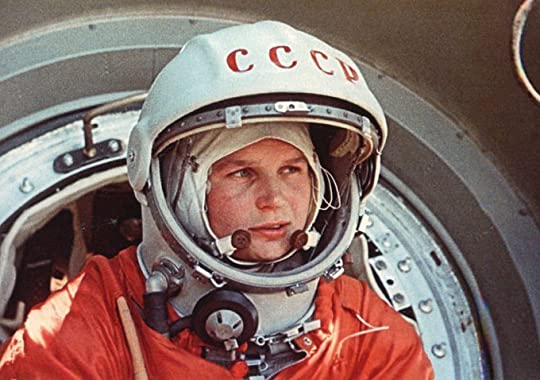
Russian cosmonaut Yuri Gagarin
Sadly, there is a movement online
to rewrite history, which is dangerous. For
instance, some, not all, are trying to erase Russia
from their achievements. There is a movement online
stating America won the space race with Neil
Armstrong landing on the moon in 1969. However, the world
has recorded Russia as having won the space race in
1961 when Russian cosmonaut, Yuri Gagarin, became
the first man in space. In 1951, Russia also
launched the first satellite into space, which is
Sputnik. Therefore, Russia won the space race. We
should always give credit where credit is due.
STORY SOURCE
Happy Birthday To Hip Hop
Founding Father DJ Kool Herc!
April 16, 2021 - On this day in 1955, DJ Kool Herc
was born Clive Campbell in Kingston, Jamaica. He moved to the Bronx
when he was 12 years old and took on the name “Kool Herc” when he
became a member of the graffiti crew the “Ex-Vandals”. The name is
short for ‘Hercules’ because of his 6′ 4″ stature. He began DJing
parties that he and his sister Cindy threw in their building, which
was on 1520 Sedgewick Avenue(Sedgewick & Cedar) in the South Bronx.
Herc pioneered extending the breakbeat on records by
playing the same record on two turntables and cueing the “break” in
the record, which he noticed had the greatest effect on the dancers
at the parties. This was emulated all over the NYC area during the
1970s, thus spawning the culture of Hip Hop. He coined the terms
“B-Boys” and “B-Girls” for the dancers who were “breaking”, which
Herc says was street slang for “acting energetically” or “causing a
disturbance.” Kool Herc has influenced other founding pioneers of
Hip Hop culture including Afrika Bambaataa, Grandmaster Flash, and
the Sugarhill Gang...
https://thesource.com
Count Machuki (born Winston
Cooper) has been hailed as the first man to speak over a record, the
first DJ. One of the original men of the dancehall scene
in Jamaica, Machuki worked as a disc selector (eventually to become
known as toasters, and then DJs) for Tom the Great Sebastian. On one
fateful evening, while Sebastian left the hall to get more liquor
for the bar, Machuki began turning new records on the turntable to
keep the crowd moving. From a success then, he moved on to other
larger halls and worked with bigger names, eventually working with
Clement Dodd (Sir Coxsone). It was with Sir Coxsone on an Easter
concert that Machuki first picked up a microphone at the same time
as working the turntable, telling jokes over the beats. Liking the
reaction, he began working on bits of lyrics that he could use in
future concerts, his first...
https://www.allmusic.com
HIP HOP SIGNIFYING SOMETHING
February 02, 2003 - Roger Conway freely describes himself as an "old
white guy," so it's a little odd to hear him drop
terms like "playa hata" in casual conversation. Yet 17 students who signed up for a class at
Southern Connecticut State University called
Hip-Hop, Rap and Signifying will hear Conway use
that and plenty of other hip-hop phrases three times
a week until May...
Conway, 64, associate professor of media studies
and chairman of Southern's media studies department,
is offering the course this semester for the first
time, out of a desire to explore the concept of
"signifying" and its development from West African
folk tales to a modern form of expression in rap
music...
The term is slang for the art of delivering
insults and verbal taunts in a humorous manner that
invites a response in kind. Br'er Rabbit, a
character in the now-controversial Disney film "Song
of the South," is a signifier. More recent examples
in pop culture include the climactic freestyle rap
battle in the movie "8 Mile," starring rapper
Eminem, and the sometimes pointed banter between
characters in the movie "Barbershop."...
https://www.courant.com
Sylvia Robinson, producer of Sugarhill Gang’s
‘Rapper’s Delight,’ dies at 75
October 1, 2011 - Sylvia Robinson, 75, a singer who performed
rhythm-and-blues hits in the 1950s and later found
resounding success as a producer who nurtured the
birth of a new musical genre — hip-hop — with
Sugarhill Gang’s 1979 song “Rapper’s Delight,” died
Sept. 29 at a hospital in Secaucus, N.J. The
Associated Press reported that she had congestive
heart failure...
At the time, rap was in its infancy. Born in the
Bronx and raised on the streets of Harlem, rapping
traced its musical roots to the Jamaican tradition
of “toasting,” where DJs would embellish their sets
with rhymes...
https://www.washingtonpost.com
Jamaican Music -
When Did Reggae Become Rap
18 years ago - When did Jamaican dance hall reggae become rap?
Are we not putting the carriage before the horse?
Contrary to what many may say Rap can trace its
origins directly from Jamaican Dub Reggae & Jamaican
style toasting. It is a fact that isn’t talked about
by many in the main stream media but many of the
early pioneers (DJ Herc) and newer rappers (Busta
Rhymes, Notorious B.I.G and Redman) in the American
rap era are Jamaican immigrants or children of
Jamaican immigrants in NY. One does not have to look
very far to see the relationship between the two as
we now see rap and dancehall reggae merging. This
would not be possible if there were not the
similarities as the child is now beginning to return
to the parent. Jamaican dejaying came out of a form
a rhyming and talking over music called “Toasting”.
Rapping began as a variation on the toasting
Jamaican sound systems (Mobile Discotheques) have
been toasting since the early 50’s, 60’s and 70’s.
Jamaican toasting was developed at blues dances
which were free dances mainly in Jamaican ghettos
where sound systems battled each other playing
American R& B, Jamaican Ska and Rock Steady. Popular
dance venues included Foresters Hall, Twary Crescent
(Duke, Sir Cox Sound, King Edwards, Mighty Bell), &
Central Road. Surprisingly some of the earliest
signs of toasting can be found in songs by folk
historian and entertainer the Honorable Dr. Louise
Bennett-Coverley fondly known to many as “Miss Lou”...
https://jamaicans.com
